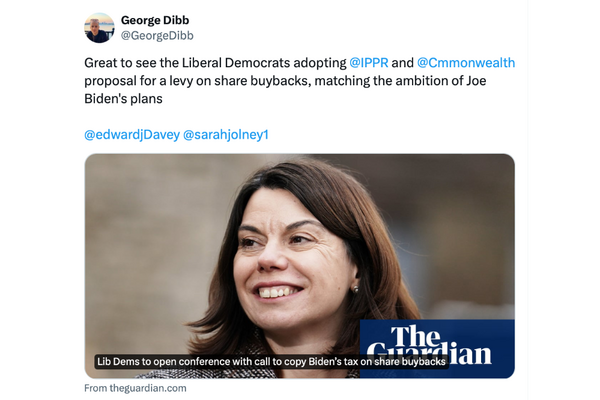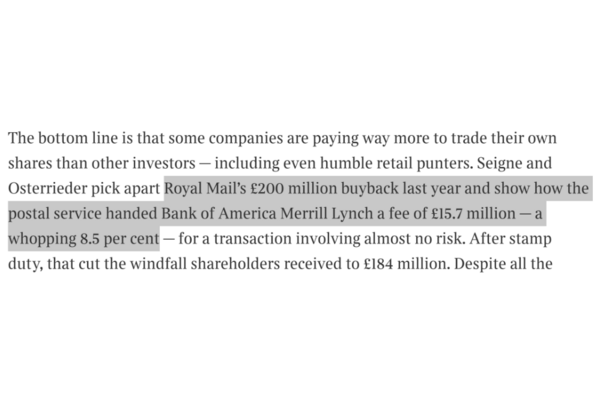The Death of Alexei Navalny
The death of Alexei Navalny on 16 February 2024. at the hands of Vladimir Putin is a shocking and harrowing tragedy. Navalny’s widow, Yulia Navalnaya, has said that Navalny was ‘tortured, starved, cut off and killed by Putin’.
Putin’s despicable methods might be to kill his enemies, but he will never kill the light of freedom and democracy which Navalny has stood for so courageously.
It takes a special kind of bravery to do what Alexei Navalny did in 2021. Having been poised with a Novichok nerve agent by Putin’s FSB, he was hospitalised in Germany. Yet he still chose to return to Russia, to fight for democracy, knowing he faced prison and risked his life.
It’s been three long years since Navalny was sentenced to prison, and yet the UK government has failed to fully sanction all those named on the ‘Navalny List’. Shockingly, nearly 1 in 5 individuals remain unsanctioned. This is unacceptable.
Right now, British national Vladimir Kara-Murza is unjustly imprisoned in Russia. The UK must make it a diplomatic priority to secure his release.
Putin’s vile actions towards Navalny must also embolden us to support Ukraine further. There is no doubt about what Putin’s plans are for Ukraine and Ukrainians. The UK must lead in Europe, to ensure that we and our allies step up to support Ukraine – while the US sadly wavers. That starts with seizing Russian assets in our country, and redirecting them for the purpose of funding Ukraine.
Today, Liberal Democrats have passed new policy calling for decisive action to increase the pressure on Putin’s Russia:
- Sanctioning the ‘Navalny list’: Immediately impose sanctions on all those named as enablers of Putin’s regime.
- Supporting British dual nationals: Enshrine in law a right for British dual nationals who have been politically detained to access UK consular services.
- Standing with Ukraine: Seize frozen Russian assets in the UK, with proceeds repurposed to finance support for Ukraine.
- Tackling economic crime: Take concrete steps to combat economic crime: finally publish the ‘golden visas’ review, close economic crime legal loopholes and properly fund the National Crime Agency to pursue Russian economic crime.
Navalny cast a light on the corruption of Putin and his cronies. His tragic death, at the hands of Putin, cannot and will not stifle the democratic ideals that he fought for. Together, let us be a voice that speaks for those who have been silenced.
Go to Source
Author:

